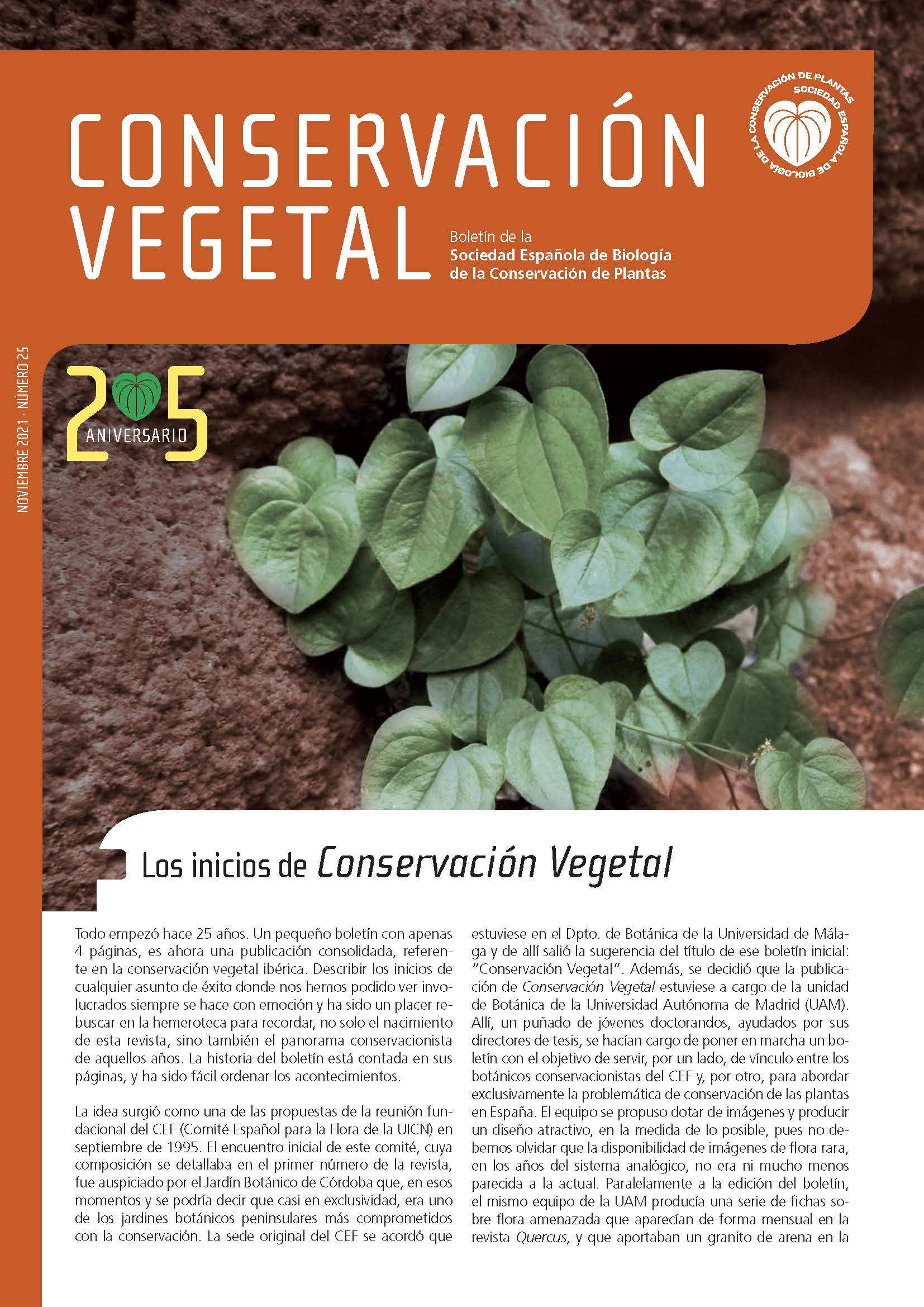Mots-clés :
Canarias, conservación, biodiversidad, redes ecológicas, educación ecosocial, sensibilización medioambientalRésumé
Los frágiles ecosistemas de Canarias han sufrido una degradación paulatina desde su poblamiento, resultando en una enorme pérdida de especies vegetales y sus beneficios ecológicos. La reforma educativa en el archipiélago canario debe impulsar una revolución ambiental sobre la que construir una sociedad mucho más cohesionada y concienciada, con una mayor comprensión de los ritmos y equilibrios de la naturaleza. Ha de formar una ciudadanía con sentido crítico, capacitada para exigir medidas ecosociales ambiciosas y adaptadas a un territorio limitado como el nuestro, y también capaz de asumir su corresponsabilidad en pro del bien común. Para ello, además de acciones de conservación in situ y ex situ fundamentadas en la investigación científica, y la creación de más empleo verde, urge invertir en educación ambiental y sensibilización de la sociedad.
Téléchargements
Références
Arechavaleta M., Rodríguez S., Zurita N. & A. Gar¬cía (coord.) (2010). Lista de especies silvestres de Canarias. Hongos, plantas y animales terrestres. Gobierno de Canarias, Santa Cruz de Tenerife.
Assadourian E. & L. Mastny (eds.) (2017). EarthEd (State of the World): Rethinking Education on a Changing Planet. The Worldwatch Institute. Island Press, Washington.
Caujapé-Castells J., Tye A., Crawford D.J., San¬tos-Guerra A., Sakaie A., Beaverf K., Lobing W., Vincent Florens F.B., Moura M., Jardim R., Gómes I. & C. Kueffer (2010). Conservation of oceanic island floras: Present and future global challenges. Pers¬pectives in Plant Ecology, Evolution and Systematics 12 (2): 107-129.
Collado S. & A. Corraliza (2016). Conciencia ecoló¬gica y bienestar en la infancia. Efectos de la relación con la naturaleza. Editorial CCS, Madrid.
Evans G. (2006). Child development and the physi¬cal environment. Annual Review of Psychology 57: 423-451.
Fernández Palacios J. & L. de Nascimento (2011) Political erosion dismantles the conservation ne¬twork existing in the Canary Islands. Frontiers of Biogeography 3(3):106-110.
Filotas E., Parrott L., Burton P. J., Chazdon R. L., Coates K. D., Coll L., Haeussler S., Martin K., No¬centini S., Puettmann K. J., Putz F. E., Simard S. W. & C. Messier (2014). Viewing forests through the lens of complex systems science. Ecosphere 5(1): 1-23.
Freire H. (2011). Educar en verde. Ideas para acer¬car a niños y niñas a la Naturaleza. Editorial Graó, Barcelona.
Lindenmayer D.B. & W.F. Laurance (2016). The uni¬que challenges of conserving large old trees. Trends in Ecology & Evolution 31 (6): 416-418.
Louv R. (2020). Los últimos niños en el bosque: Sal¬vemos a nuestros hijos del Trastorno por Déficit de Naturaleza. Capitan Swing, Madrid.
Ribeiro A.I., Triguero-Mas M., Jardim Santos C., Gómez-Nieto A., Cole H., Anguelovski I, Martins Silva F. & F. Baró (2021). Exposure to nature and mental health outcomes during COVID-19 lock¬down. A comparison between Portugal and Spain. Environment International 154: 106664.
Robinson K & L. Aronica (2015). Creative Schools: The Grassroots Revolution That’s Transforming Education. Penguin Books, New York.
